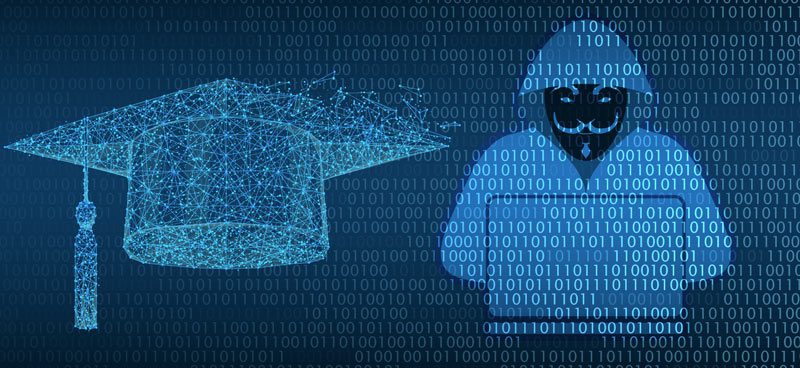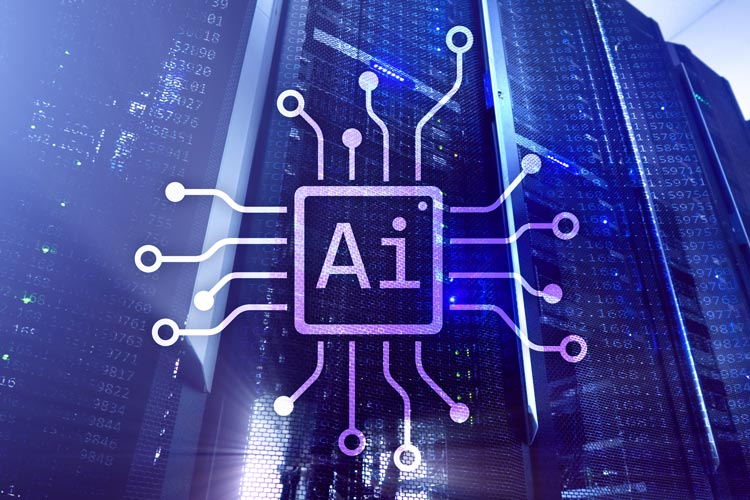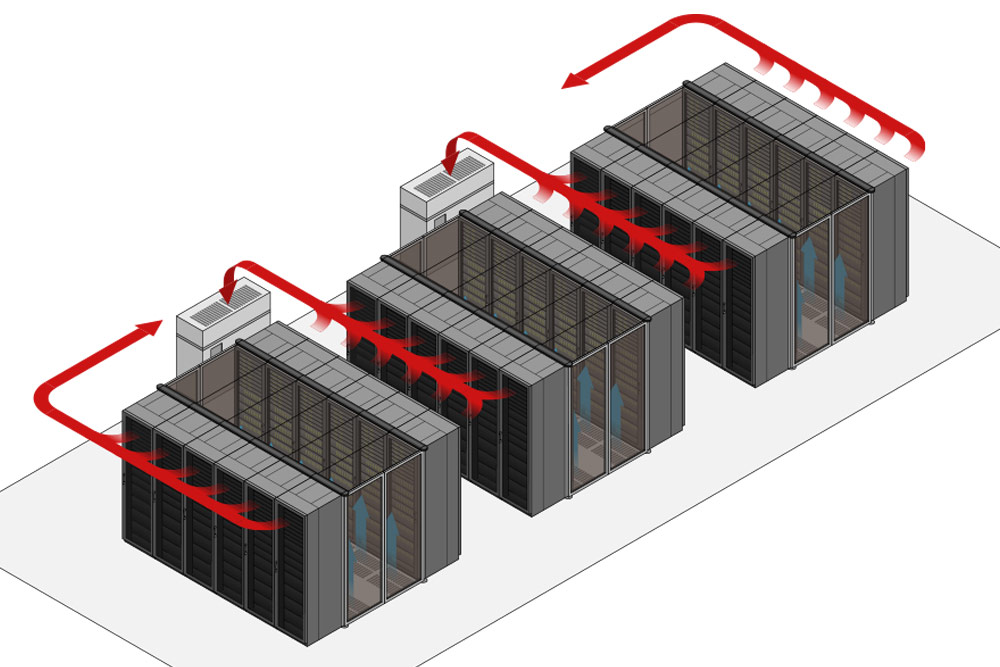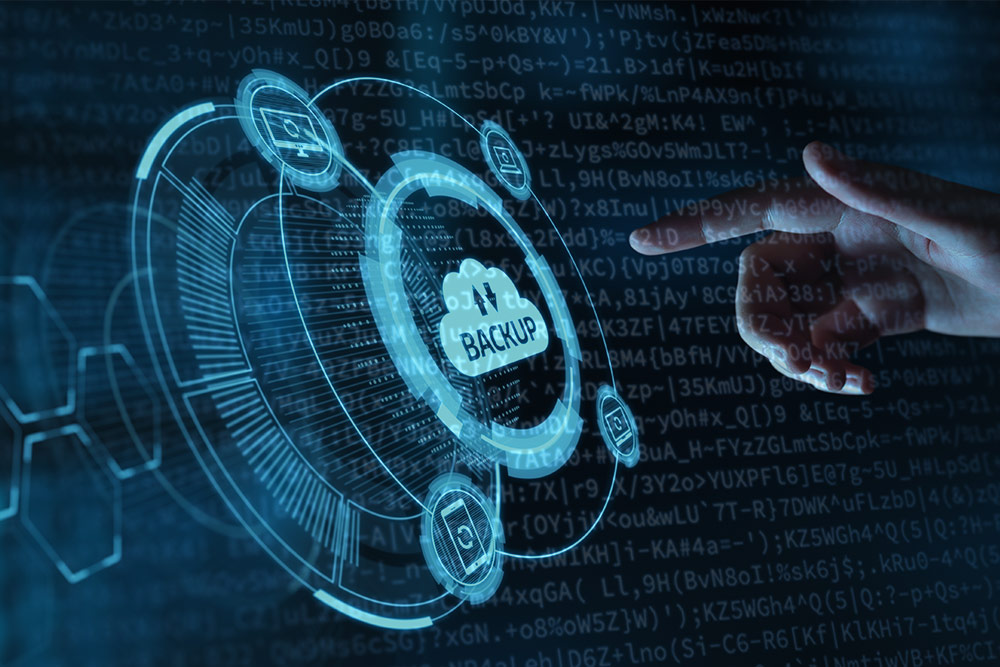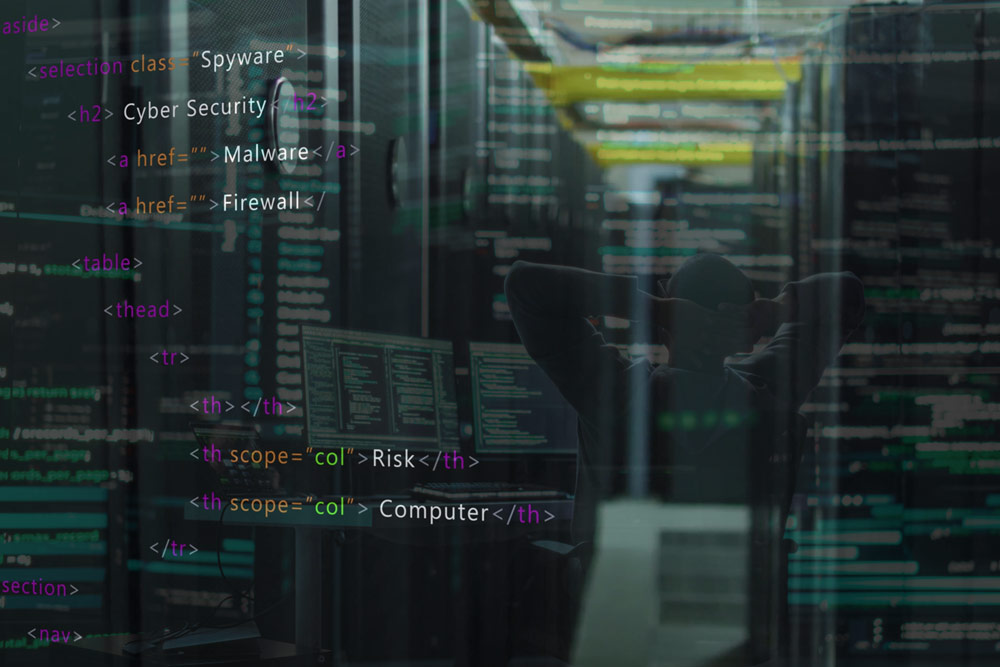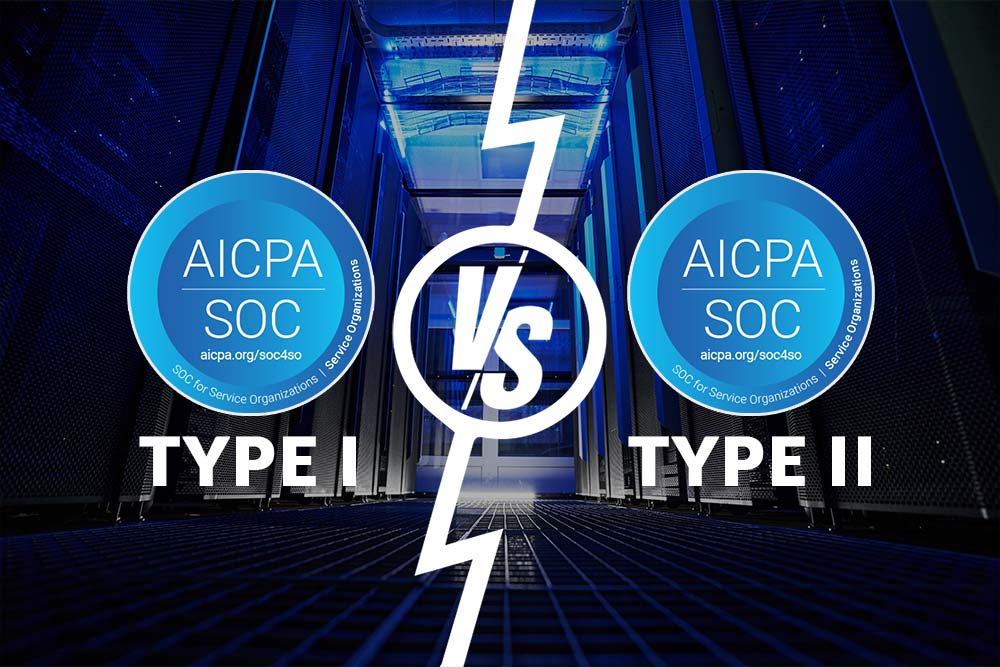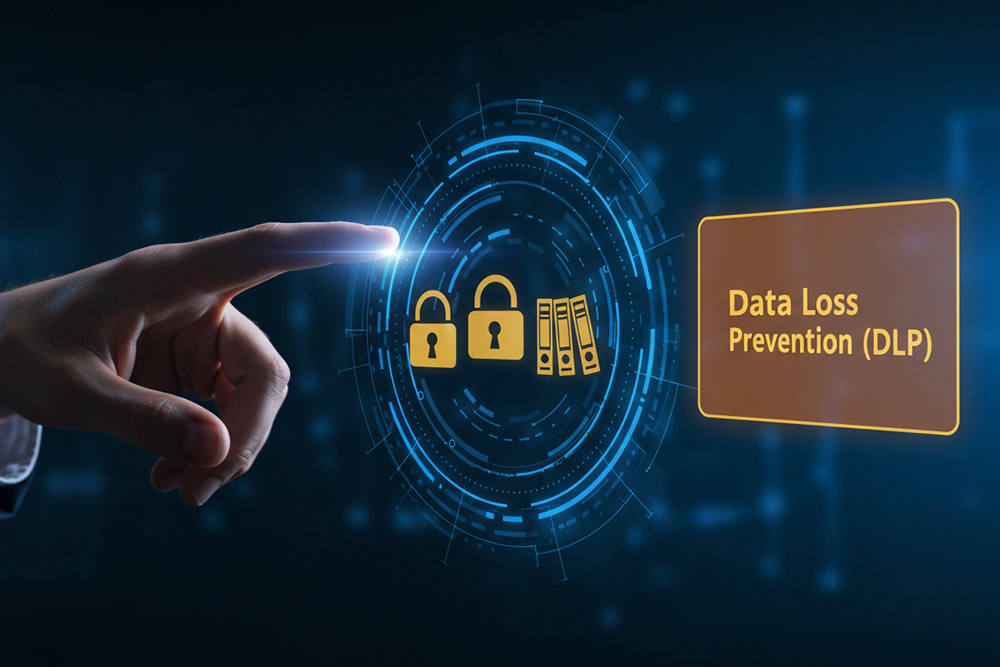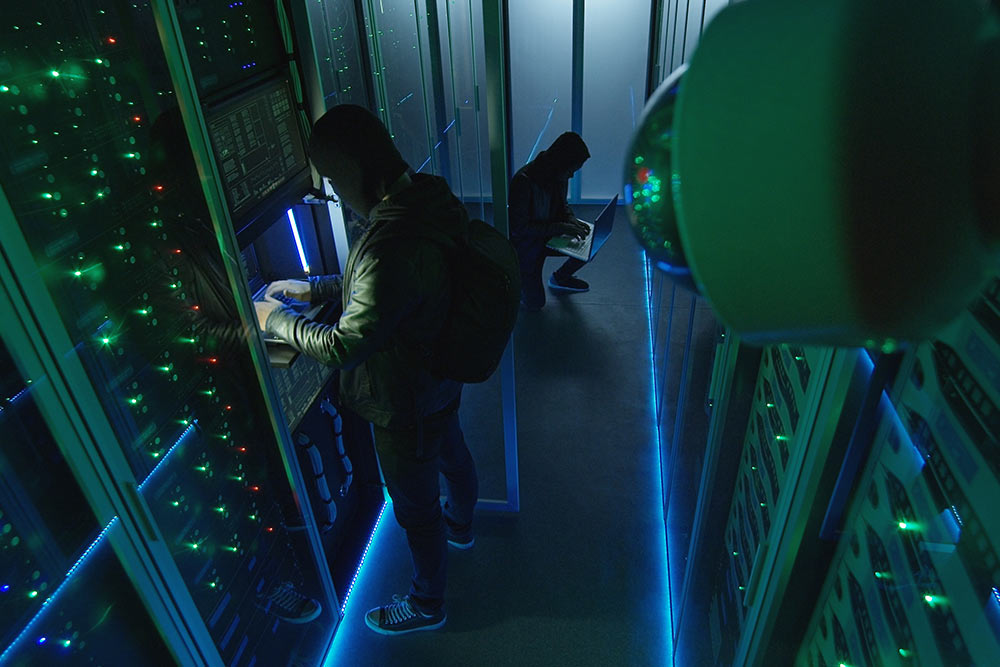Last year saw a sharp increase in the number and impact of cyber attacks on educational institutions across the US. While healthcare and financial industries have always been prime targets, cyber criminals seem to be turning more to learning institutions as targets for hacking.
It is not just criminals prepared to sell your information on the dark web committing cyber hacking at colleges and universities. Foreign governments and crime rings are perpetrating more and more of these attacks. Gone are the days when hacking was merely about changing your grade to an A in Chemistry.
Why are Cybercriminals Targeting Educational Institutions?
Colleges and universities are prime targets for cybercriminals because they house sensitive and valuable information. Financial information and private research are useful commodities for criminals, so hacking institutions with high-dollar-value data can mean big profits.
Educational institutions are prime targets because they have many entry points for hackers. Widespread internet usage by students, faculty, staff, and visitors across large networks means more points of vulnerability. With many users and intensive internet traffic, you have a higher likelihood of infiltration from malicious links, phishing emails, drive-by downloads, and other hacking threats. Once a device is infected, it can spread its nefarious cargo across a university’s network and servers, sometimes with little resistance. Educational institutions often utilize file sharing, which can also contribute to hacking efforts.
Increasingly, educational institutions, including K-12 schools as well as institutions of higher learning, are becoming targets for cyber attacks. With vast amounts of valuable data, computer resources that are accessible to criminals, and fewer regulations on cybersecurity than the private sector, these institutions are ripe for hacking. Because IT support in schools is often a lower priority than in enterprises, they continue to be vulnerable to cybercrimes.
How Does Cybercrime Affect Educational Institutions?
The impact of hacking on educational institutions varies widely. The most severe implications include the breach of privacy and possible identity theft that can happen when social security numbers, financial information, and dates of birth are accessed. This information is precious to criminals. K-12 schools have become recent targets because the selling of minors’ social security numbers is a valuable market for criminals.
Colleges and universities often house a great deal of research, intellectual property, and other valuable data, as well. The black market has buyers for all these ill-gotten data and more. Also, these types of attacks wreak havoc on networks and systems, infecting shared drives, slowing or stopping internet traffic, and delaying the efficient operation of these organizations.
Learning About Cybercrimes Empowers Your Company
There is much organizations can do to improve security and decrease the impact of cybercrime activity. But it will take ongoing, persistent efforts to change practices and policies, as well as educate students and staff, to keep these institutions safe moving forward. The skilled professionals at Volico are always keeping abreast of the latest in cybercrime tactics, viruses, and security measures. To learn more about how your organization can stay safe from hacking attempts, please ask to speak with our knowledgeable consultants. We here at Volico believe that knowledge and the application of that knowledge are key to thwarting malicious agents online.
Discover how Volico can help you with your Managed Security needs.
• Call: 888 865 4261
• Chat with a member of our team to discuss which solution best fits your needs.

